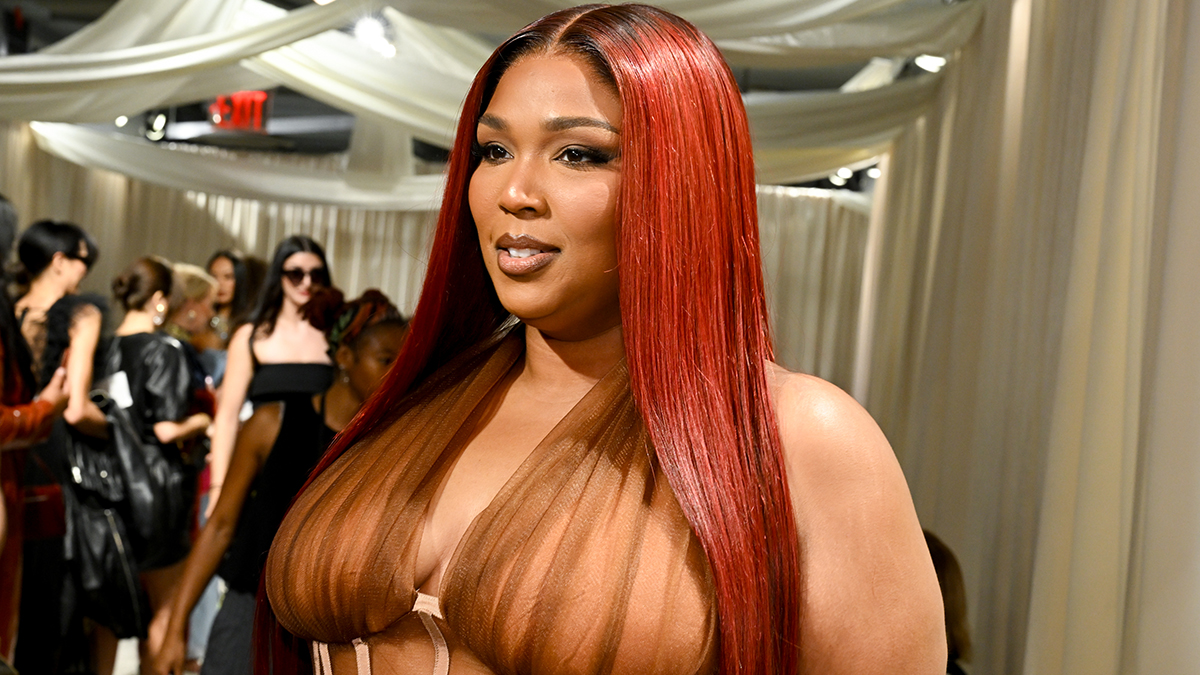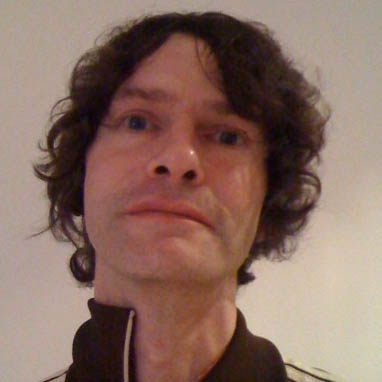“It’s policing Black music… Hip-hop was born from sampling. And now sampling is synonymous with theft”: Lizzo argues that the origins of sampling law are "racially charged"
“The first time people started sampling was... who? It was rappers in the '80s and '90s. They were sampling records because they didn't have access to big studios"

Lizzo has claimed that the ‘origins’ of sampling law are "racially charged".
The singer was on the podcast Million Dollaz Worth Of Game discussing her current mixtape My Face Hurts From Smiling when she observed that: “In this day and age people get so weird about samples. I feel like the sampling laws are racist.”
“Why,” the presenters asked, before Lizzo broke it down: “The first time people started sampling was... who? It was rappers in the '80s and '90s. They were sampling records because they didn't have access to big studios. They didn't grow up learning how to play bass and stuff like that. They created the genre of hip-hop through sampling records in their parents' vinyls and stuff.
"There were no sampling laws back then," she added. "It was all a free-for-all. So, they was just outside, just like, ‘OK, this is just what it is.’ And then hip-hop was born, and it was this beautiful thing.”
After mistakenly citing Sir Mix-A-Lot as the first rapper to get sued for sampling - maybe she was thinking of Biz Markie, or even De La Soul, who were sued for using a sample from the '60s group The Turtles, on 3 Feet High and Rising - Lizzo continued.
“I just feel like the theft of it all, putting theft on black culture, that's the part that kind of turns me off.”
Perhaps feeling like she might be wading too deep into murky waters, she said: “Maybe this is a conversation that shouldn’t be on camera! It’s policing black music. Hip-hop's medium was sampling. Sampling is a Black art that bred hip-hop. Hip-hop was born from sampling. And now sampling is synonymous with theft.”
Want all the hottest music and gear news, reviews, deals, features and more, direct to your inbox? Sign up here.
Perhaps clarifying herself, lest anyone get the wrong idea she said: “The origins of sampling law, I think, were racially charged. It was policing Black art. I think now, of course, they had to regulate some sort of thing, and there's certain things that are fair and unfair. I get it. But when you're suing people off of a vibe, it's like, man, that's the vibe of my song.”
She relates an episode from her own career when she had inadvertently copied another song, without having any previous knowledge of it. “I get it if I have intentionally taken your song or if I was intentionally doing that – I want to give you credit. But I’ve had to give pieces of my songs up to songs I’ve never even heard of.”
But as many artists who’ve gone before will sagely nod, ignorance of the song whose copyright you’re infringing is no defence in a court of law.

Will Simpson is a freelance music expert whose work has appeared in Classic Rock, Classic Pop, Guitarist and Total Guitar magazine. He is the author of 'Freedom Through Football: Inside Britain's Most Intrepid Sports Club' and his second book 'An American Cricket Odyssey' is due out in 2025.
You must confirm your public display name before commenting
Please logout and then login again, you will then be prompted to enter your display name.
